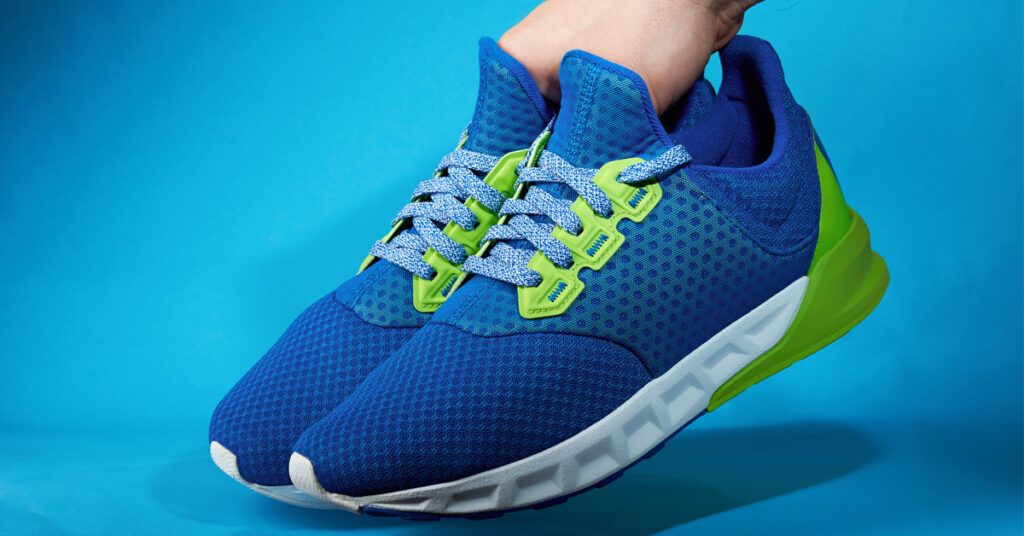Nurses’ feet endure a lot, so they need shoes that hold up to the long hours and provide comfort and support. Non – supportive footwear can contribute to the following:
- calluses
- plantar fasciitis
- joint stiffness
- leg swelling
- discomfort in the ball or heel of the foot
Considerations When Purchasing Shoes For Nursing
Nurses require quality shoes to perform at their best on the job. Factors to consider when looking for the most suitable footwear include comfort and support, cushioning, slip resistance, fit, and breathability.
Comfort and support: Shoes must be both comfortable and supportive. Long shifts with inadequate footwear can cause back pain, persistent foot pain, and joint stiffness.
Cushioning: Prolonged standing makes nurses susceptible to various foot ailments, including plantar fasciitis. It is essential to have sufficient arch support to stabilize the foot and ankle.
Slip resistance: A non-slip sole provides stability and balance for nurses who must walk quickly throughout the day and work in an environment where they may be exposed to many fluids and liquids.
Fit and breathability: Closed-toe shoes can confine nurses’ feet for hours. Airflow is essential to minimize heat and sweat. A sneaker with a mesh upper is often a good choice for a medical environment. Obtaining correctly fitting shoes with the right shape for your foot is crucial. Shoes should have an ample toe box to prevent toes from rubbing against the tops or sides.
The 3 Best Shoes for Nurses
Clogs
Clogs are a favorite footwear option for nursing professionals. They are comfortable, simple to clean, and supportive.
- Dansko clogs are a preferred footwear in the nursing community. They are constructed with comfortable materials and supportive features to alleviate pressure spots when standing all day. They are durable and simple to clean.
- Oofos clogs absorb almost one-third more impact than conventional footwear foam, making these clogs ideal for comfort. They provide enhanced arch support, reducing pressure on the feet, ankles, and knees. They are also machine washable.
Slip-ons
Slip-ons are easy to put on and remove, allowing nurses to be prepared for the unexpected. They are resilient, waterproof, and simple to clean. Slip-on sneakers tread the line between sneaker and clog rather beautifully.
- Clove sneakers are built from water-repellent fabric and engineered to withstand harsh or repeated cleaning. The shoes have high-performance Ortholite inserts for odor control and sturdy gripping soles.
- Nike Air Zoom Pulse Shoes combine cushioning and flexible traction for a natural, comfortable feel that lasts through long shifts on dry and slick surfaces.
Sneakers
Sneakers are great for nurses who need to move quickly. Although some sneakers may not be as easy to clean, their light weight and breathability make them popular. They are not waterproof, so they may be a better option in environments that rarely have spills or leaks.
- Hoka One One Bondi 7 Sneakers are some of the most cushioned sneakers available, making them ideal for nurses. Their cushioned and supportive midsoles make them an excellent option for nurses who suffer from plantar fasciitis.
- Asics Gel-Venture 7 Sneakers are an excellent option for nurses who experience achy arches at the end of the day. The gel cushioning and Ortholite sock lining offers ample cushioning underfoot, making them ideal for nurses with flat feet.
- Brooks is another popular brand, as they have different designs to suit various foot shapes. They have an online quiz, that while designed for runners, can help you determine your arch shape, foot angle, and balance. Having custom recommendations can make shopping easier.
If you’re a nurse looking for new shoes, check out these brands to determine which ones suit you the best. You can stay comfortable throughout the day when you wear the right shoes.




